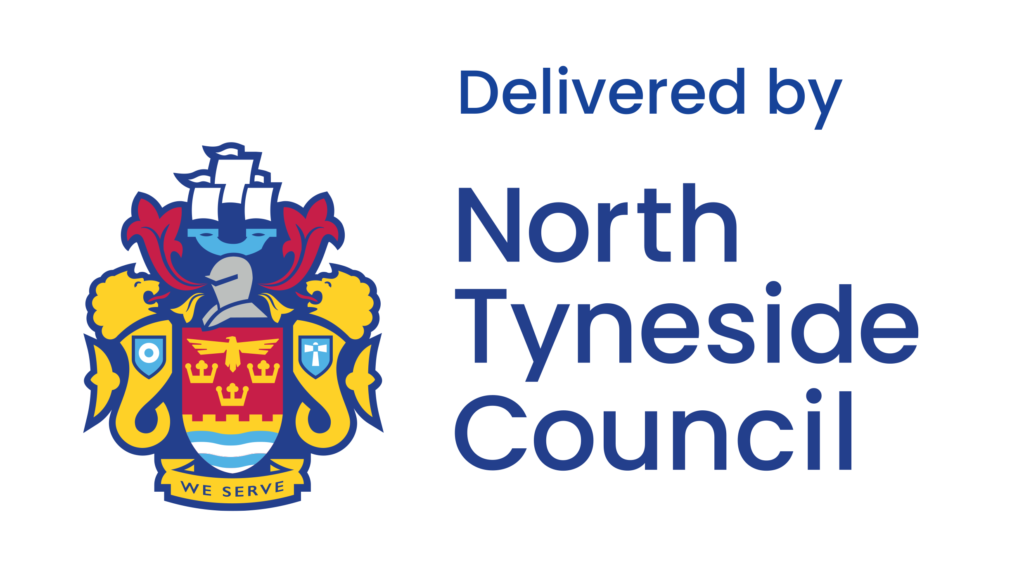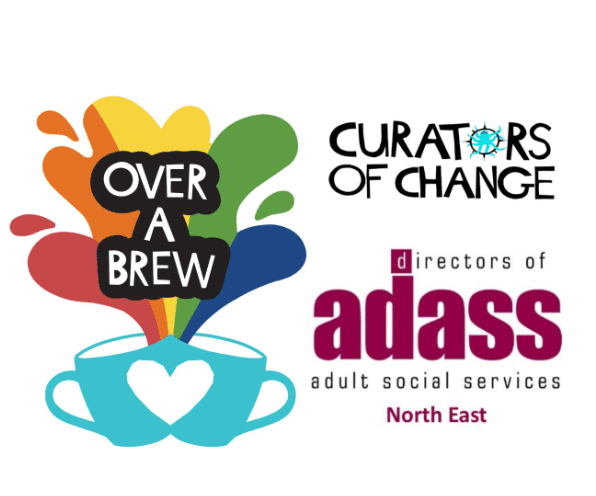Qualifications in Social Care
If you’re new to social care you’ll complete the Care Certificate. You should also receive regular supervision and do training and development.
Working towards a qualification is one way you can equip yourself with practical skills and important knowledge about care giving.
Find out more information on social care qualifications from Skills for Care (*Skills for Care careers tool).
Providing a reliable high quality service which includes well trained and vocationally competent tutors working with young people and adults. They offer a range of personalised part-time courses in the health, social care, and education sectors.
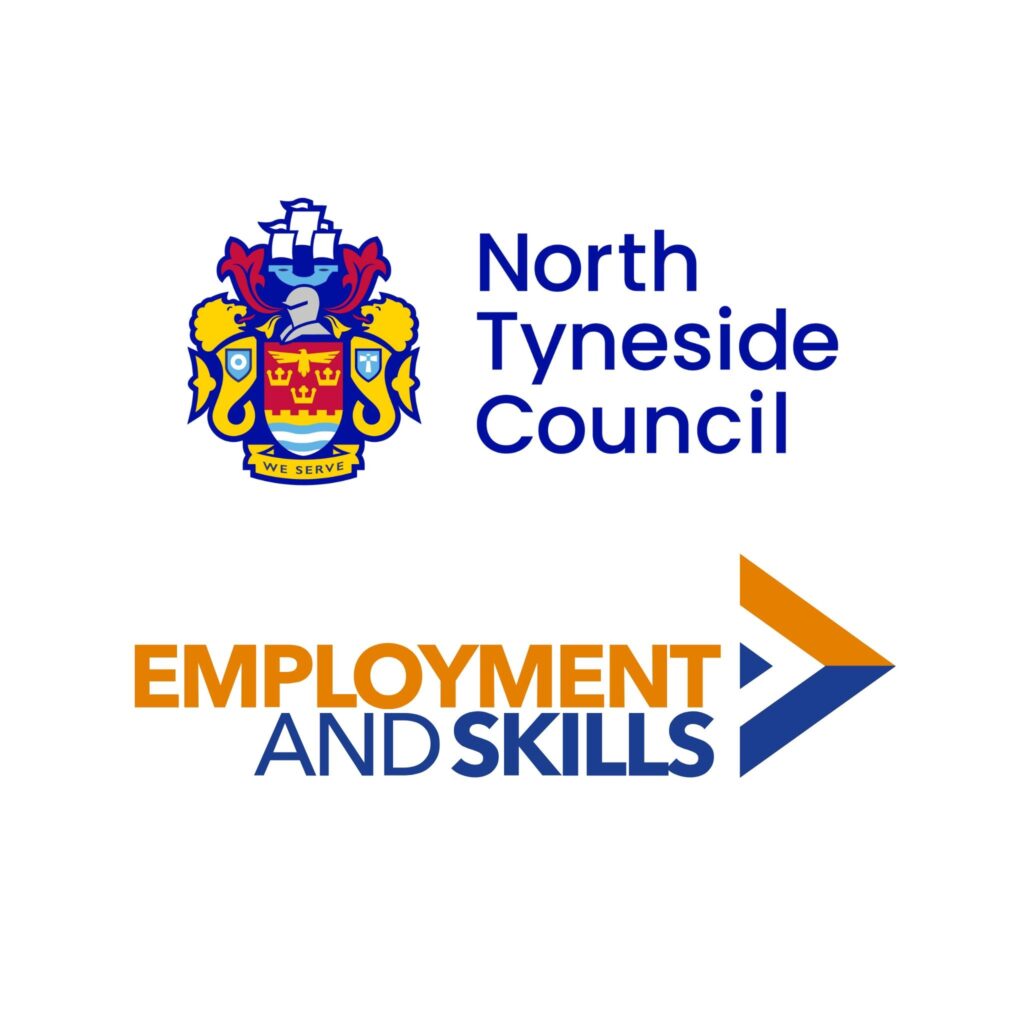
Get into Care
Free, specialist, one week course that is designed to act as an introduction and enable learners to develop the knowledge and understanding required to work within the social care sector.
Learners on this course will be connected with local employers and be offered a guaranteed interview on course completion.

Understanding Mental Health First Aid
The purpose of this qualification is to give learners the skills to support colleagues with mental health problems.
These skills will be gained by increasing the learner’s knowledge and understanding of mental health conditions and the principles of mental health first aid and how this can be implemented in the workplace.

Awareness Sessions
Working in care or needing specialist skills? We offer a range of bite-size workshops, click to see more information.

Preparing to Work in Adult Social Care: Level 2
This Level 2 blended learning option is a natural progression opportunity for those who have complete the introductory Get into Care course.
It aims to introduce some basic concepts of caring and preparation for employment in the sector.

Falls Prevention: Level 2
The qualification covers the importance of recording and reporting any incidence of falls to ensure that interventions can be put in place to reduce the risk and re-occurrence of falls.
The impact and consequences of a fall and is aimed at anyone working in a healthcare or social care setting.

The Safe Handling of Medication: Level 2
This qualification aims to help learners develop a general understanding of different types of medication and their use.
Knowledge of the procedures for obtaining, storing, administering and disposing of medication and an understanding of the record-keeping process for medication.

Common Health Conditions: Level 2
The purpose of this qualification is to give learners currently working in, or intending to work in, adult health and social care an awareness of a range of common health conditions.
This qualification aims to develop the learner’s knowledge and understanding of monitoring the health of individuals affected by health conditions.

Principles of End of Life Care: Level 2
This qualification aims to provide learners with a definition of end-of-life care.
Inform learners of the range of possible approaches to end-of-life care.
Explore common questions and themes in end-of-life care.
Provide learners with an understanding of how to support a person’s spiritual, social and emotional needs.

Dementia Care: Level 2
This qualification aims to increase your knowledge of dementia.
Types of dementia and the importance of early diagnosis.
Person-centred approaches in dementia care.
The role of communication, interaction and inclusion in dementia care and support.
The use of medication to support individuals with dementia.

Understanding Mental Health: Level 3
The qualification will help you to understand mental health legislation. how to support mental well-being through various stages of life, mental ill health, treatment options available and the potential consequences of mental ill health.
Services and public attitudes and how these have evolved
How to support mental well-being through various stages of life, mental ill health, treatment options available and the potential consequences of mental ill health.

Understanding Autism: Level 3
The qualification will help you to understand The current legislative framework relating to individuals with autism and how different theories have developed over time.
How to support communication and social interaction for individuals with autism
How to develop an understanding of how individuals with autism may be vulnerable and the support worker’s role and responsibilities relating to safeguarding according to legislative requirements.

Counselling Skills Introduction
No previous experience or qualifications are required.
The Counselling Skills Introduction is a preparatory course for people wanting to enrol (or considering enrolling) on the Certificate in Counselling Skills Level 2.
Learners will:
- Be introduced to basic Counselling Skills
- Complete reflective journals to build a ‘mini’ portfolio
- Receive advice and guidance on counselling courses, qualifications and careers
- Understand the requirements and commitments of the Level 2 Certificate

Counselling Skills: Certificate Level 2
You must also first enrol on the Introduction to Counselling Skills which will prepare you for your studies.
The course aims to introduce learners to the everyday use of Counselling Skills in life and at work and some of the approaches that underpin the use of these skills.
The units of study are:
- Using Counselling Skills
- Introduction to Counselling Skills theories
- Diversity and Ethics in the use of Counselling Skills
- Counselling Skills and Personal Development

Counselling Skills: Diploma Level 3
Learners enrolling on this course must have completed the Certificate in Counselling Skills Level 2 or the Award in Helping Skills Level 2.
This qualification is for people interested in using Counselling Skills or for those hoping to continue their studies to achieve accredited Counsellor status.
The units cover:
- Developing Counselling skills
- Theoretical approaches in the use of Counselling skills
- Working Ethically and inclusively with Counselling skills
- Using Counselling skills in a range of contexts
Delivering a range of different courses available from Apprenticeships to Adult Education and also offer pre-employment training.
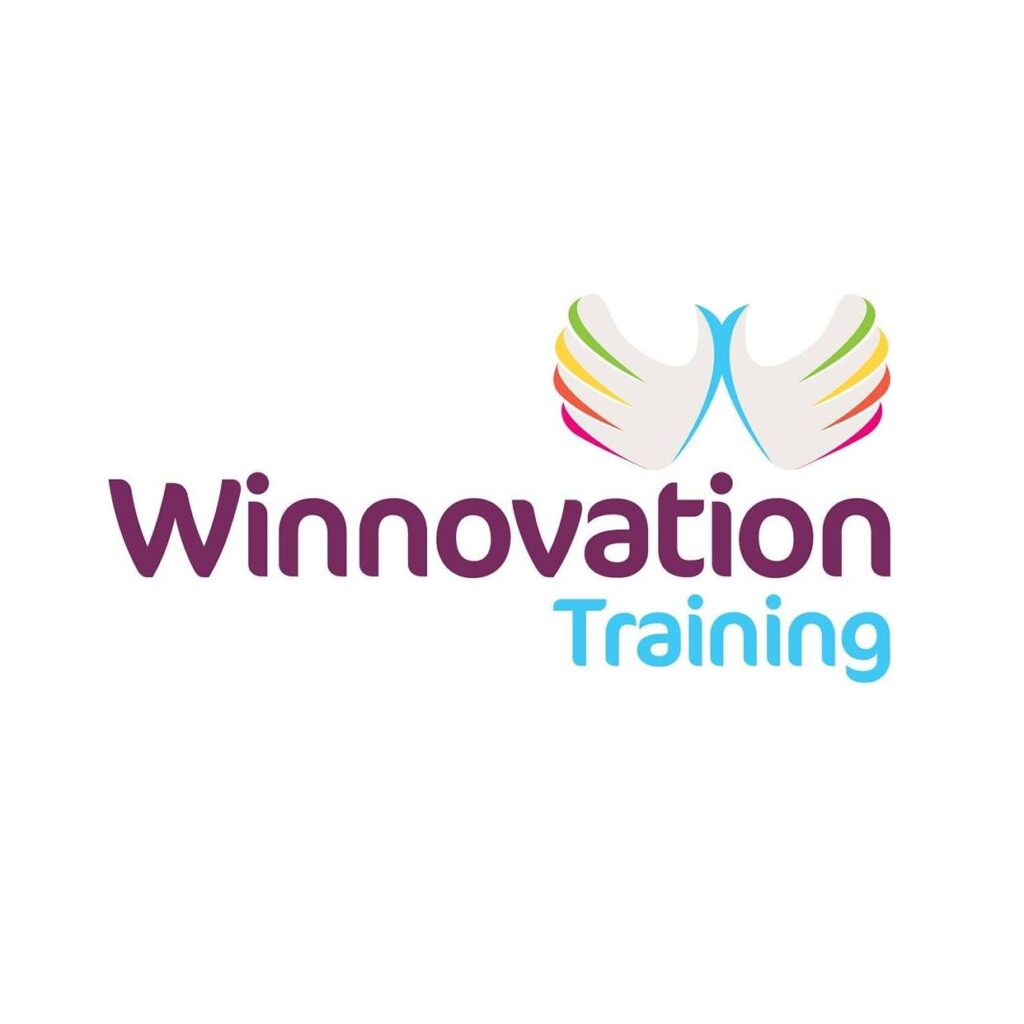
Moving into Care
Starting a career can be tough, but Winnovation are here to help. Their Health & Social Care course has been specially designed to teach you all you need to know.

Diploma in Adult Care: Level 3
This qualification is designed for individuals working in adult care services. It equips learners with the knowledge and skills required to deliver high quality, person-centred care in a variety or settings.

Learning Disabilities Boot-camp: Level 3
The skills boot-camp is designed to equip learners with the necessary knowledge and competencies to support individuals with learning difficulties in social care settings.

Residential Childcare Training: Level 3
This qualification equips learners with the understanding on how to provide high quality care while supporting the emotional, physical and developmental needs of children in residential settings.

Aspiring Managers Bootcamp: Level 4
This Bootcamp is designed in partnership with skills for care and Winnovation Training to up-skill new and aspiring managers
The King’s Trust
Helping young people from disadvantaged communities by supporting them to build the confidence and skills to live, learn and earn.
The King’s Trust has a partnership with the Department of Health and Social Care to support young people aged 18-30 into starting and sustaining careers in the sector.
Our free courses run from our Newcastle centre or are delivered online to support young people with their confidence, job awareness, employability skills, application writing and interview preparation. We also provide ongoing support with the on-boarding process, financial barriers and settling into a new job.
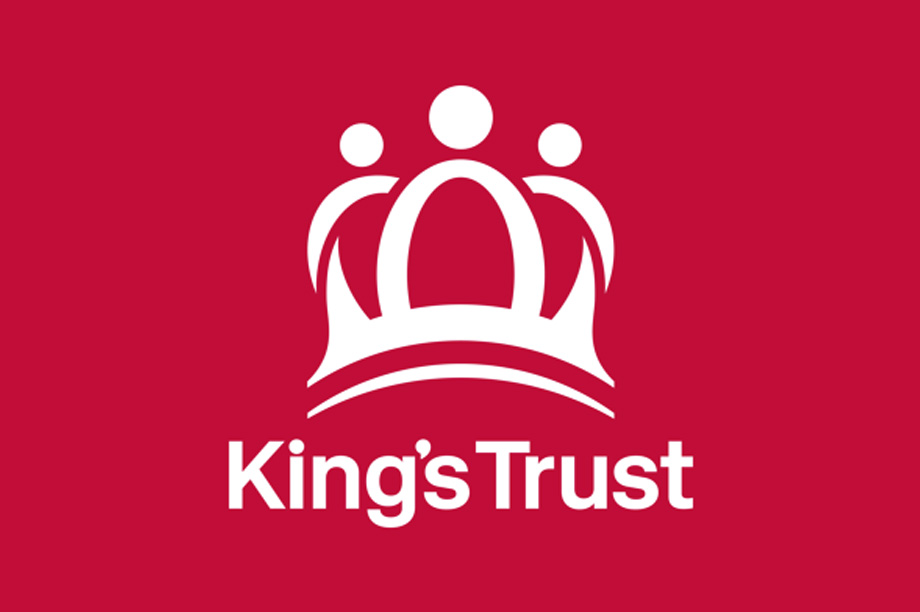
Their curriculum offers an outstanding selection of courses to support you with the skills needed to take the next step. You’ll engage in a variety of placements across different career paths, providing practical experience to advance in this rewarding field.

Health and Social Care: Levels 1-3
Tyne Metropolitan College are offering a range of Health & Social Care courses to develop your knowledge on relevant topics.

T Level in Healthcare
Aims to equip students with the knowledge necessary for skilled employment, advanced technical training, or university studies. This two-year program blends classroom learning with real-world work experience.
